The 2024 Beidou Application Conference and the 13th Annual Conference of China’s Satellite Navigation and Positioning Service, with the theme “Promoting large-scale Beidou applications and empowering new-quality industry development” were grandly held in Wuhan, Hubei, from September 11-13, 2024. On 13 September, the Young Scientists Forum on Navigation and Positioning and Workshop on Componentized, Resilient, and Intelligent Navigation Technology, co-hosted by the Youth Working Committee of the China Satellite Navigation and Positioning Association and Wuhan University, were successfully held. Professor Jianghui Geng and several lab members from the PRIDE Lab at the Wuhan University organized and participated in the forum.
The forum was co-chaired by Professor Bo Wang from Beijing Institute of Technology and Distinguished Researcher Pai Wang from Wuhan University. Invited speakers included Professor Tianhe Xu from Shandong University, Professor Jianghui Geng from Wuhan University, Professor Yuanxin Wu from Shanghai Jiao Tong University, Professor Hang Shi from ZheJiang Lab, Professor Hui Cheng from Sun Yat-sen University, Professor Yufeng Yue from Beijing Institute of Technology, Professor Liang Chen from Liaoning Technical University, Associate Researcher Guangcai Li from the Innovation Center for Precision Measurement Science and Technology at the Chinese Academy of Sciences, Associate Professor Yi Ji from Beijing Information Science and Technology University, and Feng Wang from Wuhan University. Experts and scholars from the field of navigation and positioning engaged in in-depth discussions on componentized, resilient, and intelligent navigation technology. The forum provided a great platform for showcasing innovative research achievements, analyzing industry trends, and addressing key challenges and development opportunities in the PNT field.
During the presentation session, Professor Tianhe Xu delivered a presentation titled “Resilient architecture design and key technology demonstration for the national PNT system”. He introduced the achievements and innovative outcomes of the National Key R&D Program project that he led. Professor Xu also shared the latest progresses in the development of the national resilient PNT system.
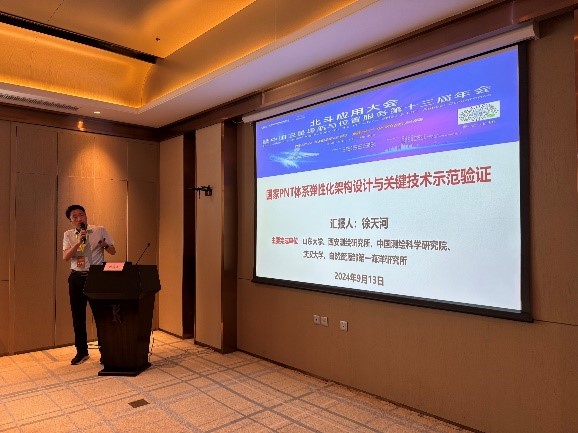
Professor Jianghui Geng delivered a presentation titled “Componentized PNT framework, principles, and methods”, in which he introduced the latest research progresses from the National Key R&D Program project “Key technologies and application validation for componentized, resilient, and integrated navigation and control”. He explained the framework and methods for componentized PNT, which has been established for meeting the technological requirements of continuous and reliable PNT terminals in the national comprehensive PNT system. Additionally, Professor Geng showcased preliminary experimental validation results for the componentized PNT prototype.
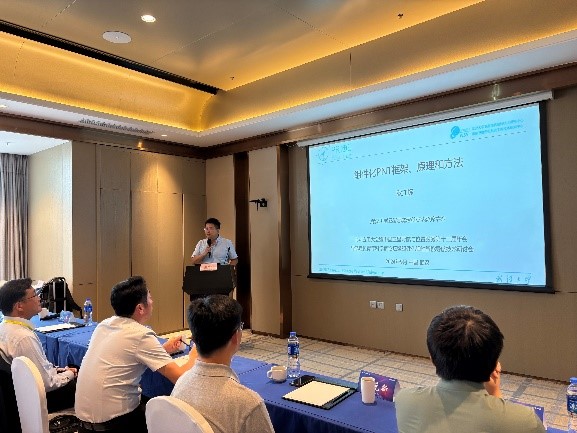
Professor Yuanxin Wu gave a talk titled “Pose-only imaging geometry and relative pose estimation”, in which he shared his team’s pioneering work in the visual geometry theory for the first time. For addressing the limitations of classical multi-view geometric co-planar imaging description, Professor Wu introduced a pose-only imaging geometry based on chirality constraints for two-view systems and extended this framework to multi-view scenarios.
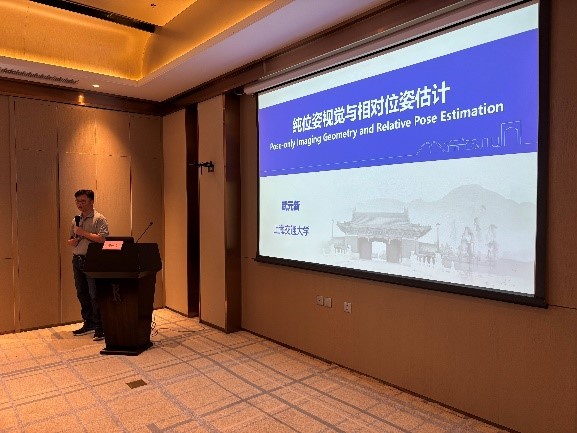
Professor Hang Shi delivered a presentation titled “Challenges and key technologies in edge intelligent computing”. Professor Shi summarized the application demands of edge intelligence computing in fields such as aerospace and navigation, reviewed the current research status in existing technologies, and explored ways to enhance data processing efficiency in edge devices by drawing examples from remote sensing and navigation projects.
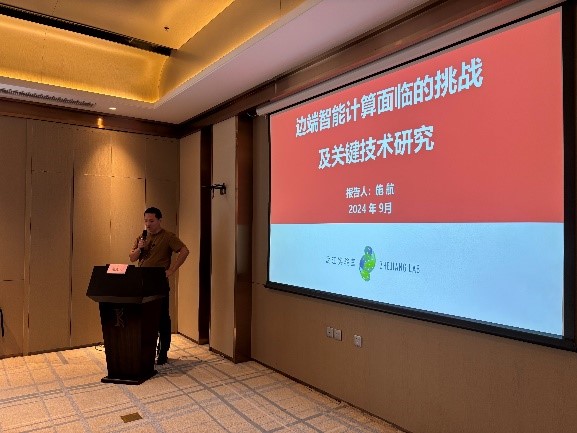
Professor Hui Cheng gave a talk titled “Perception and control of intelligent robots”, in which she introduced the recent research work by the robotics group at the Sun Yat-sen University. The presentation covered various topics, including autonomous exploration in large unknown environments, autonomous safe learning control for mobile robots, distributed autonomous collaboration of multi-UAV systems, and vision-guided dexterous manipulation of robotic arms. Professor Cheng also discussed potential future directions for continued in-depth research in these areas.
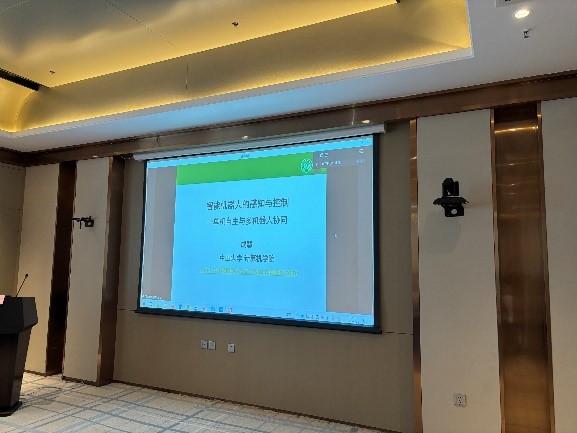
Moreover, Associate Professor Yi Ji gave a talk titled “An overview of key technologies for integrated navigation and precision guidance of low-altitude high-speed rotating vehicles”. Professor Yufeng Yue delivered a presentation on “Autonomous navigation technology for robots in open environments”. Associate Researcher Guangcai Li shared insights on “Robust BDS/GNSS positioning augmented by motion semantic constraints”. Professor Liang Chen discussed “BDS/GNSS assurance monitoring and crowdsourcing solutions for low-altitude platforms aiming at intelligent navigation”. Lastly, Feng Wang gave a talk on “Beidou high-precision positioning enhanced by environmental semantics”.
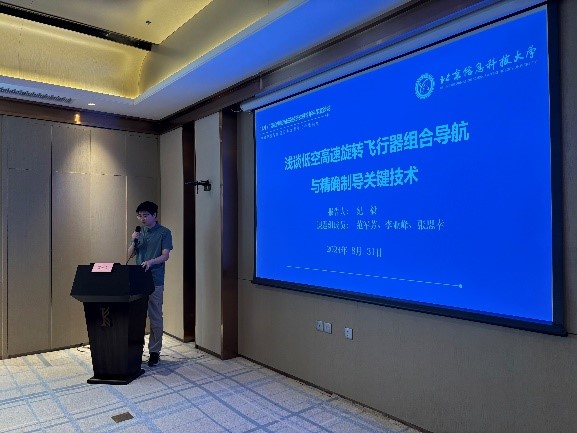

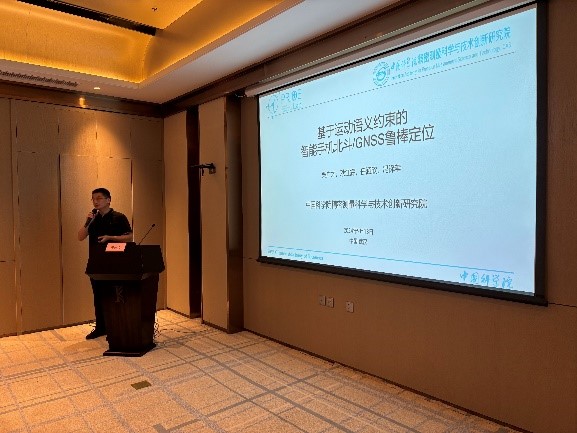
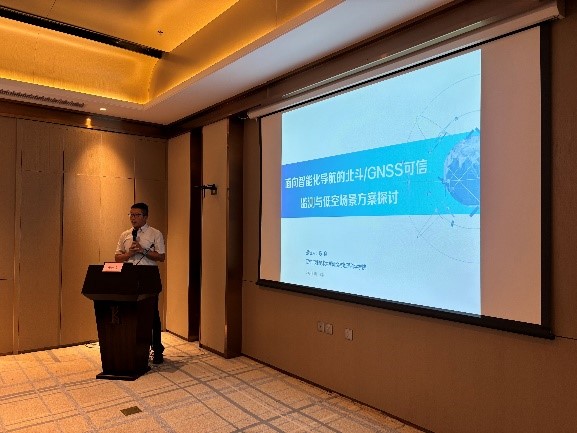
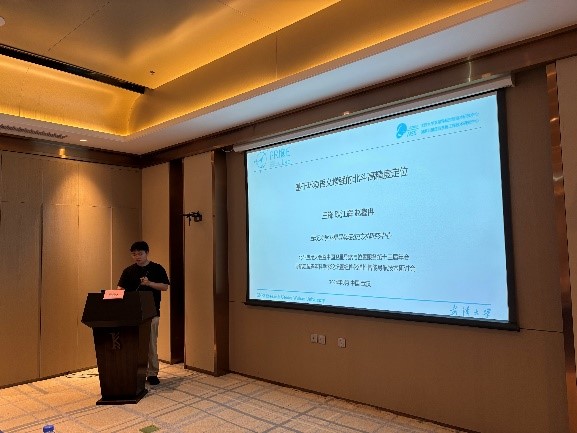
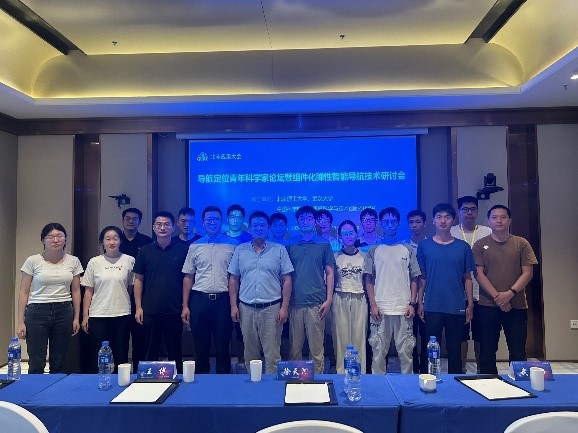
During the roundtable discussion session, Professor Jianghui Geng, Professor Bo Wang, Professor Yuanxin Wu, Professor Liang Chen, Associate Professor Yi Ji, and other participants engaged in discussions on several key topics, including the future development of high-precision GNSS, intelligent navigation, and drivers for future PNT development. The panel members summarized the practical applications of componentized, resilient, and intelligent navigation technology, and actively contributed insights and suggestions on future directions for the PNT field.
This year’s Beidou Application Conference provided the research group a valuable platform for academic exchange, promoting the lab for achieving more innovation and development in the PNT field. They will continue in making efforts and contributing to the construction of the national comprehensive PNT system.
Copyright PRIDELAB IN GNSS CENTER , Wuhan University Visits:251934 Powered by Truesing